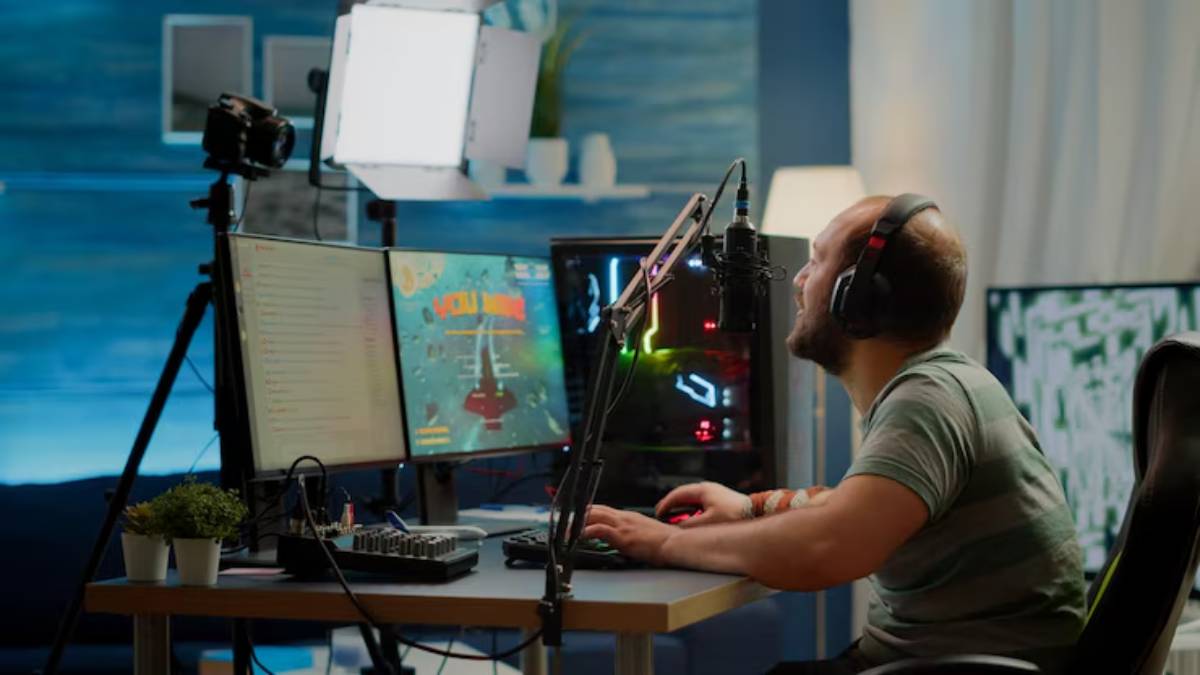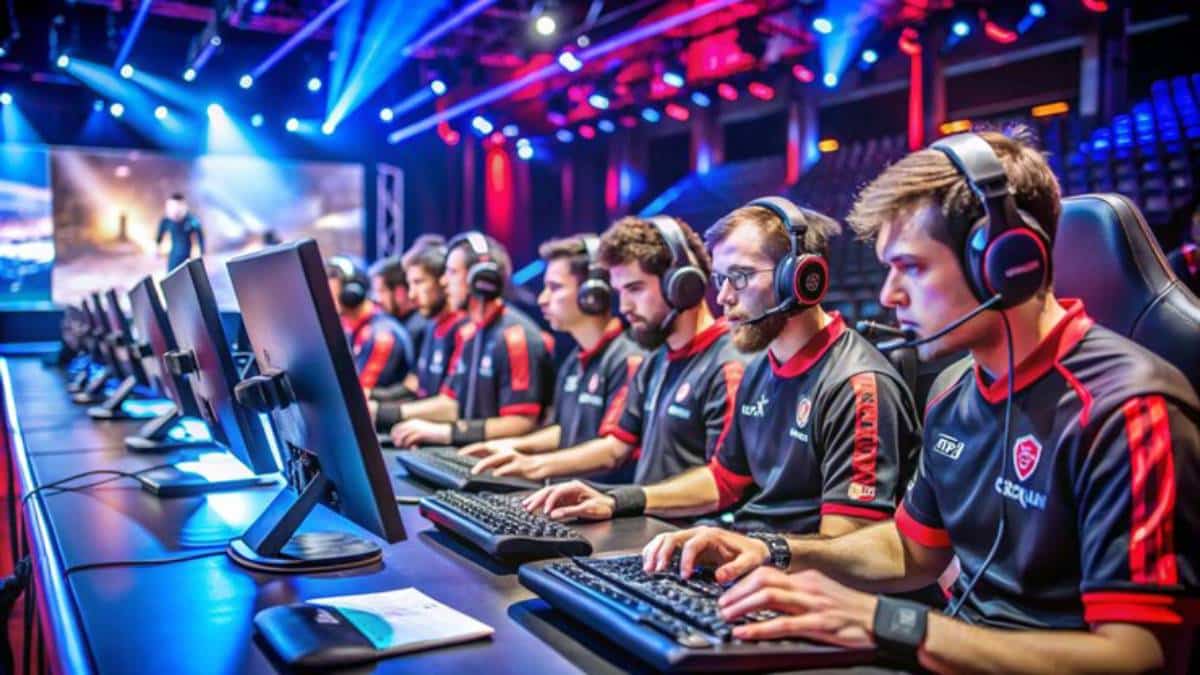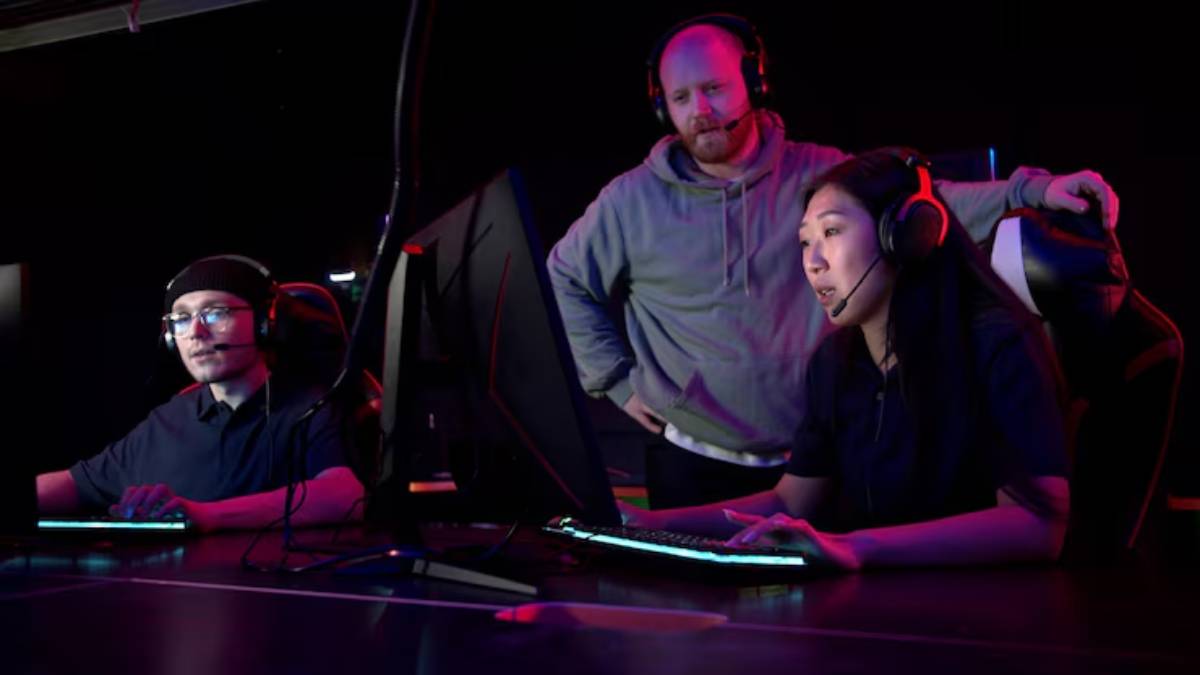
The Role of Coaches in Professional Esports Teams
In recent years, esports has grown from a niche interest to a global phenomenon. Millions of fans now follow competitive gaming. As this field expands, the complexity and professionalism of teams also increase. A key factor in this growth is the role of coaches in professional esports. While traditional sports have long valued coaching, esports quickly recognises its importance. Skilled coaches can significantly impact a team’s performance. In this blog, we will explore the many roles of coaches in esports. We’ll explain why they matter and their challenges in this fast-changing world.
Esports coaching may be new to some, but its importance is clear. As professional gaming stakes rise, the need for guidance and strategy grows. Coaches handle many tasks. They develop strategies, analyze opponents, and build team cohesion. They also manage player wellbeing. This blog will explore these roles and show why gaming coaches are key to any esports team’s success.
Key Benefits
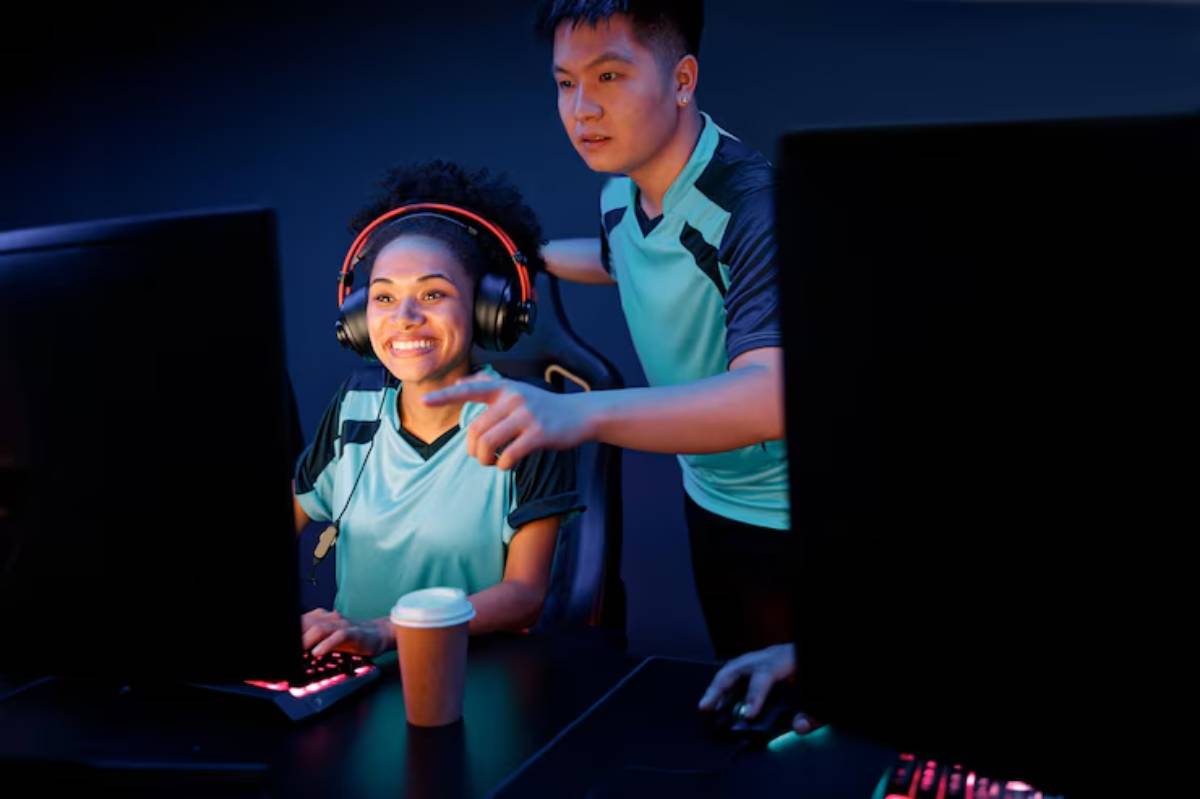
The Importance of Esports Coaching
Esports coaching’s importance cannot be overstated in the context of professional gaming. As esports teams chase big prize pools and fame, the coach’s role grows more important. Coaches offer valuable experience and insight. They help teams tackle the challenges of competition. Coaches let players focus on their skills. They also manage the overall strategy.
One of the primary benefits of having a coach is the ability to provide an objective perspective. Players caught up in the action might find it hard to see weaknesses or ways to improve. A coach can look at gameplay without bias. They give helpful feedback and spot chances for improvement. This external viewpoint is invaluable in refining strategies and enhancing overall team performance.
Real-Life Applications and Data-Backed Insights
In the world of professional gaming, data is king. Coaches use advanced analytics to dissect opponents’ strategies, identify patterns, and exploit weaknesses. This data-driven method is key in today’s esports coaching. It helps teams make smart choices and adjust to new situations. Coaches can use statistical insights to create strategies that boost their team’s strengths and reduce weaknesses.
Team Liquid is an excellent example of effective coaching in esports. Thanks to their coach, the team often scores high in games like League of Legends and Dota 2. The coach can analyse opponents and create new strategies. This skill has helped Team Liquid stay on top in esports.
Additional Expert Tips & Common Mistakes to Avoid
Best Practices in Esports Coaching
To excel in esports coaching, professionals need a holistic approach. This means focusing on both mental and physical aspects of the game. Coaches need to build tactical skills. They should also create a positive team environment and focus on player wellbeing. They should build trust and open communication with players. This creates a supportive atmosphere where feedback is welcomed and valued.
Another critical aspect of effective coaching is adaptability. The esports landscape keeps changing, with new games, patches, and metals appearing constantly. Coaches need to keep up with these changes and update their knowledge and strategies to stay competitive. This requires a promise to keep learning and a readiness to accept new ideas and methods.
Common Mistakes and Misconceptions
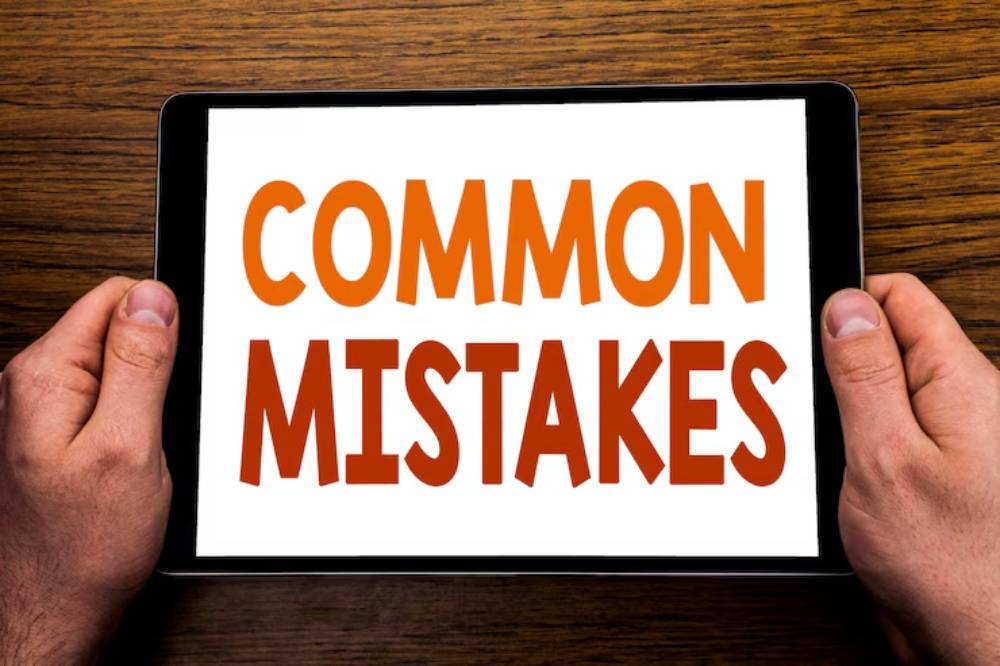
Many people mistakenly think coaching in esports is only about strategy. While strategic insight is undoubtedly important, coaching encompasses much more than tactics. Coaches should meet their players’ emotional and psychological needs. They help players manage stress, build resilience, and stay focused under pressure. Ignoring these aspects can cause burnout and lower performance. This shows why a balanced coaching approach is essential.
A common mistake novice coaches make is not seeing each player’s uniqueness. Each team member has different strengths, weaknesses, and learning styles. The coach must adapt their approach to fit each individual. A one-size-fits-all approach rarely works well. That’s why personalised coaching is key to success.
Advanced Insights
The Evolving Role of Esports Coaches
As esports grows, coaches are taking on more complex roles. Many coaches now do more than just coach. They also act like sports psychologists, nutritionists, and lifestyle coaches. This change shows that people see esports as complex. It takes many different skills to succeed at the top level.
Coaches need to be proactive. They should look for new knowledge and skills to stay ahead in this changing field. You may need a degree in sports psychology. You can also attend workshops and conferences. Working with other experts in the field is a good idea, too. Coaches can help their players more by broadening their skills. This also boosts their teams’ long-term success.
Unique Industry Perspectives
Esports coaching offers a chance to work with players from many cultures and regions. This diversity brings challenges and opportunities. Coaches must be culturally aware and flexible in how they communicate and lead. Embracing diversity can spark new strategies and build a stronger team. This helps improve performance worldwide.
Also, esports are digital, so coaches can train teams and players from anywhere in the world. This flexibility creates new ways for collaboration and sharing knowledge. It creates a worldwide community of esports pros. They are committed to improving the industry.
Conclusion: The Role of Coaches in Professional Esports Teams
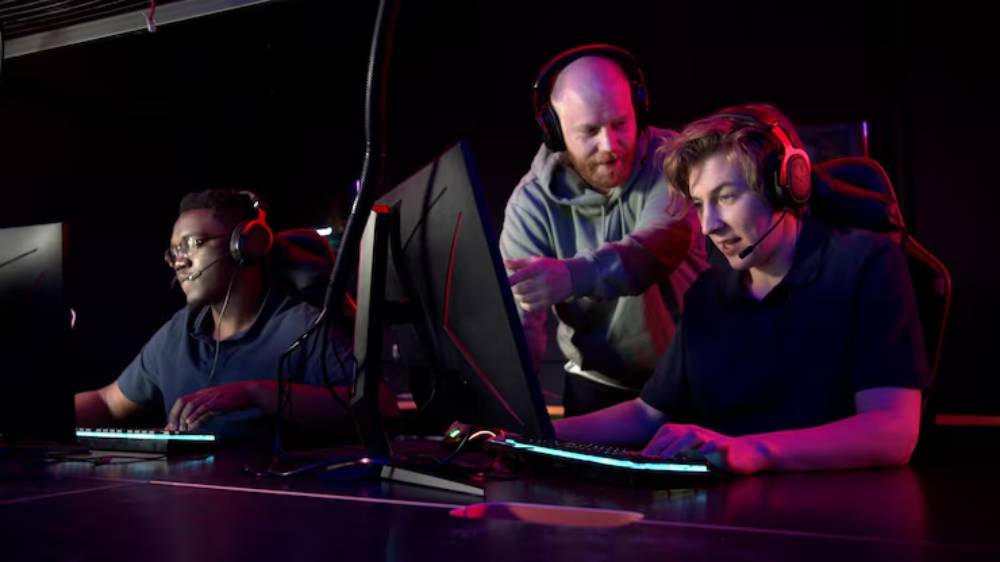
In conclusion, coaches play a crucial and varied role in pro esports teams. The esports industry is expanding, and having skilled coaches is key for team success. Coaches offer strategic insight and build team spirit. They also support player wellbeing. These elements are key to a winning formula.
If you’re considering a career in esports coaching, many opportunities await. Aspiring coaches can truly make a difference in this changing field. They can do this by honing their skills and embracing a holistic approach. As esports grows, the need for skilled and committed coaches will rise. This offers a rewarding career path for those who love gaming and leadership.
Coaches will play a crucial role in shaping the next champions in esports. By investing in coaching, teams can reach their full potential and succeed globally. Whether you are a player, coach, or fan, the esports journey is about growth and innovation. Coaches will always be central to this thrilling evolution.
